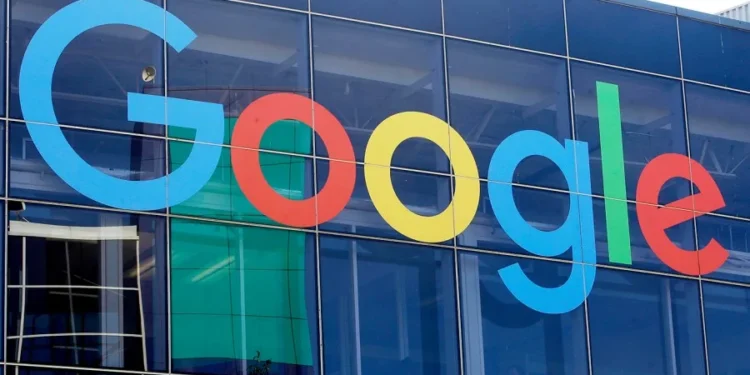Google has announced a major milestone in quantum computing, revealing that its Quantum AI team has successfully demonstrated the world’s first verifiable quantum algorithm. This supercomputer is capable of executing 13,000 times faster than leading classical supercomputers.
The company described the achievement as a historic step toward practical, error-corrected quantum computation, marking a turning point in the long-running race to prove that quantum systems can outperform classical ones not only in speed but also in reliability.
A New Benchmark in Quantum Verification
According to Google Quantum AI, this is the first time a quantum computer has completed a verifiable computation, meaning scientists can independently confirm the accuracy of the result without having to reproduce it on a classical machine. Verification has long been a central challenge in the field, as quantum systems are notoriously difficult to validate due to their complexity and probabilistic nature.
By running a mathematically verifiable algorithm 13,000 times faster than the most advanced classical supercomputers, Google’s experiment demonstrates both raw quantum advantage and trustworthy computation. This combination has been widely seen as a prerequisite for real-world quantum applications.
Building on a Decade of Breakthroughs
The announcement builds on a series of landmark moments in Google’s quantum research.
In 2019, the company’s Sycamore processor achieved quantum supremacy, solving a specific problem that would have taken the best classical computers thousands of years to complete. Then in 2024, its Willow chip made a breakthrough in quantum error correction, addressing a challenge that had persisted for nearly 30 years.
With the latest advancement, Google appears to be closing the gap between experimental demonstration and practical use, moving from proofs of concept to scalable and verifiable computation.
Towards Quantum Impact in Science and Industry
Google said this new capability opens the door to applying quantum computation to real scientific discovery. Future generations of quantum processors could transform fields such as materials science, medicine, and chemistry, areas where simulating complex molecular interactions remains far beyond the reach of classical computing.
Quantum-verified algorithms could help researchers design new superconductors, discover novel drug compounds, and develop more efficient catalysts for clean energy, all by performing calculations that classical machines cannot feasibly complete.
The Road Ahead for Google
While the milestone marks a leap forward, Google acknowledges that fully fault-tolerant quantum computers remain years away. Scaling qubit counts, improving coherence times, and maintaining verifiability at larger system sizes continue to be major engineering challenges.
Still, today’s result reinforces Google’s long-term leadership in quantum research and offers tangible proof that the field is advancing beyond theoretical promises. Each breakthrough has brought quantum computing closer to scientific and industrial impact.
In Google’s words, this achievement “moves us closer to quantum computers that can drive discoveries in areas like medicine and materials science.”













